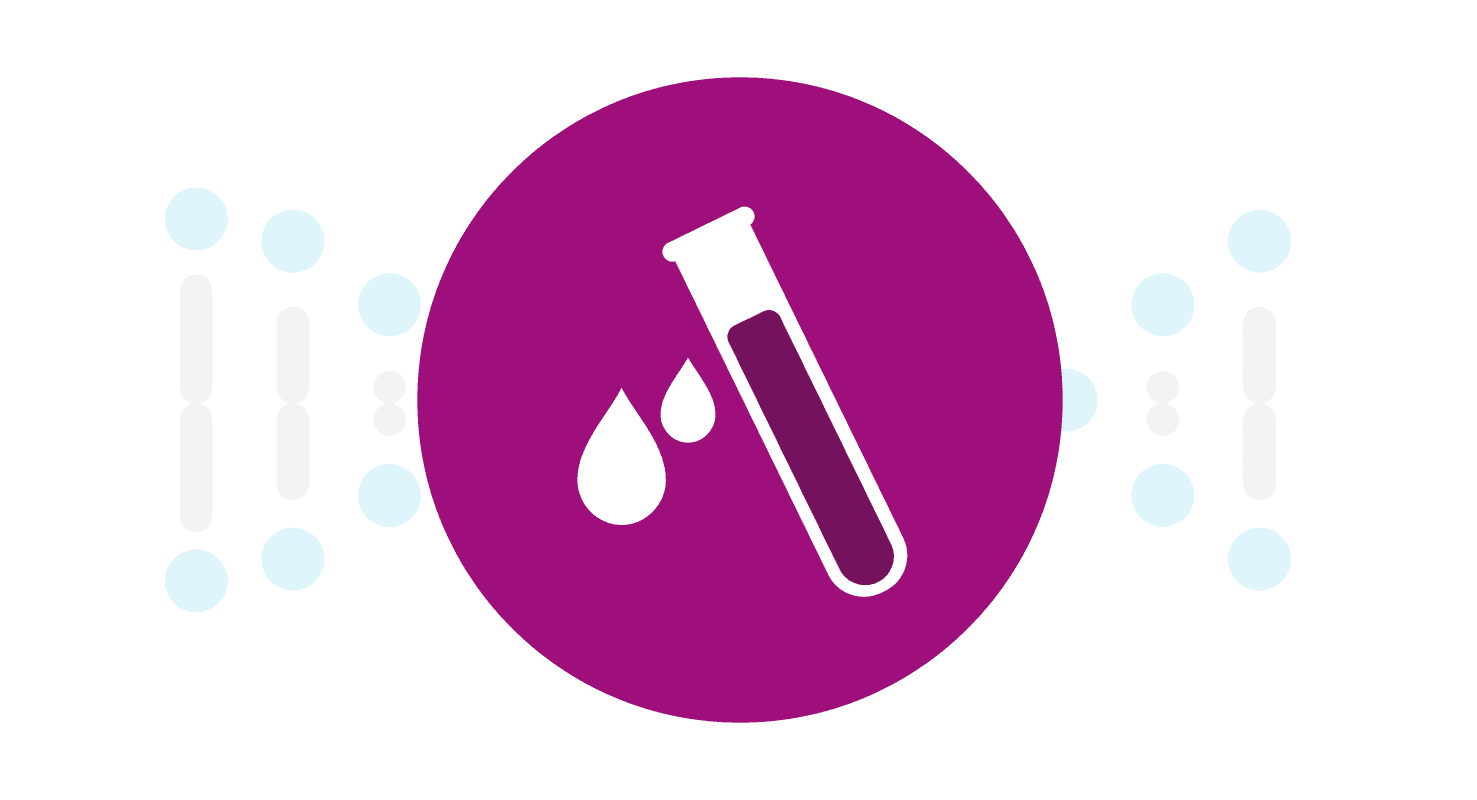This interview is part of an occasional series of profiles introducing you to the people behind 23andMe’s content curation team. This team of 23andMe scientists has the unique job of determining which genetic associations will be reported to customers. They have a rigorous process. Along with combing through scientific literature, they vet genetic information and published scientific findings. They ensure that all of that meets our standards for inclusion, and that directly impacts what you see when you log into your 23andMe account.
associations will be reported to customers. They have a rigorous process. Along with combing through scientific literature, they vet genetic information and published scientific findings. They ensure that all of that meets our standards for inclusion, and that directly impacts what you see when you log into your 23andMe account.
“You can store so much information with a four-letter alphabet, and I’ve always been impressed and amazed by that.”
What were you researching/doing before you came to 23andMe?
My doctoral research at The University of Texas Southwestern Medical Center focused on finding genetic Achilles Heels in non-small cell lung cancers with specific cancer-causing mutations so that we could help develop more targeted cancer therapies, specifically for pancreatic, lung and colorectal cancers.
Tell us about one of your interesting findings at 23andMe, or in your previous scientific life.
During my graduate work at UT Southwestern, my lab discovered that manipulating the levels of small regulatory RNA molecules, called microRNAs could change how sensitive lung cancer cells were to commonly used cancer drugs.
Health Content Scientist
From: Connecticut
Education:
BA, Biochemistry, Wheaton College
PhD, Genetics and Development, University of Texas Southwestern Medical Center
Fun Fact: Robert was at the last ever Hartford Whalers hockey game in Hartford.
Why are you excited about genetics?
You can store so much information with a four-letter alphabet, and I’ve always been impressed and amazed by that. In recent years, the scientific community has shed light on how our genes influence our health and development, but this is still just the tip of the iceberg. There are lots of opportunities to integrate genetics into people’s everyday decisions, and it’s really exciting to think about what’s left on both of those fronts.
I was attracted to 23andMe after a talk I heard [23andMe CEO] Anne Wojcicki give a talk at the Broad Institute. She explained how 23andMe was on a mission to take genetics and turn it into something useful for people. After my experience in grad school, I knew I wanted to do something consumer-focused. 23andMe seemed like the natural place to pursue that goal.
Tell us about a recent breakthrough in genetics research that you think will have a big impact on the industry.
I believe CRISPR has the potential to accelerate research into the function of genetic variants and mutations. This type of genetic engineering could allow scientists to change what’s in a piece of DNA in a specific and targeted way. With CRISPR, researchers can manipulate DNA more quickly than historical methods. This would allow them to quickly see if they’re targeting appropriately. If they’re then able to see what a specific mutation does, there are implications for both conventional and gene therapies.
Did you learn anything interesting from your 23andMe results?
I found out that I’m a carrier of the Factor V Leiden mutation. That means I have a risk factor for deep vein thrombosis. That was a big part of why I switched to a standing desk. I also bought an activity monitor to remind me to not sit still for too long!
What’s one thing the average consumer should know about genetics?
Genetics is complicated! What’s hard-coded in the DNA is just the starting point. It’s important to remember that anything from the way the gene is processed to the person’s surroundings can influence what a gene does.



